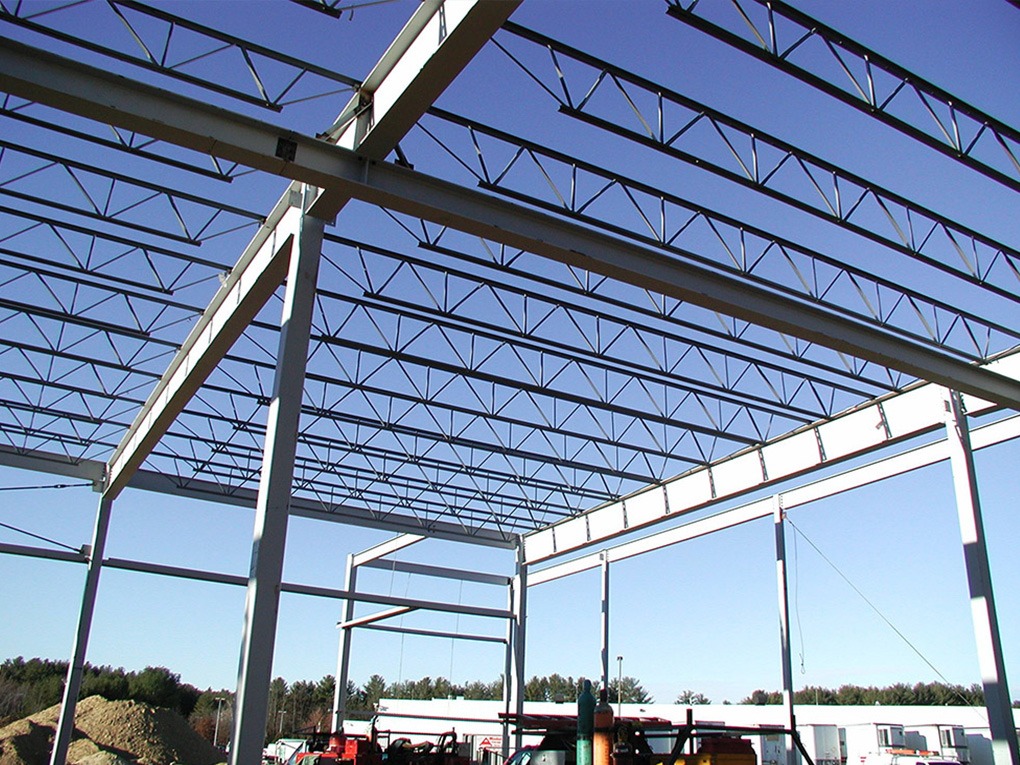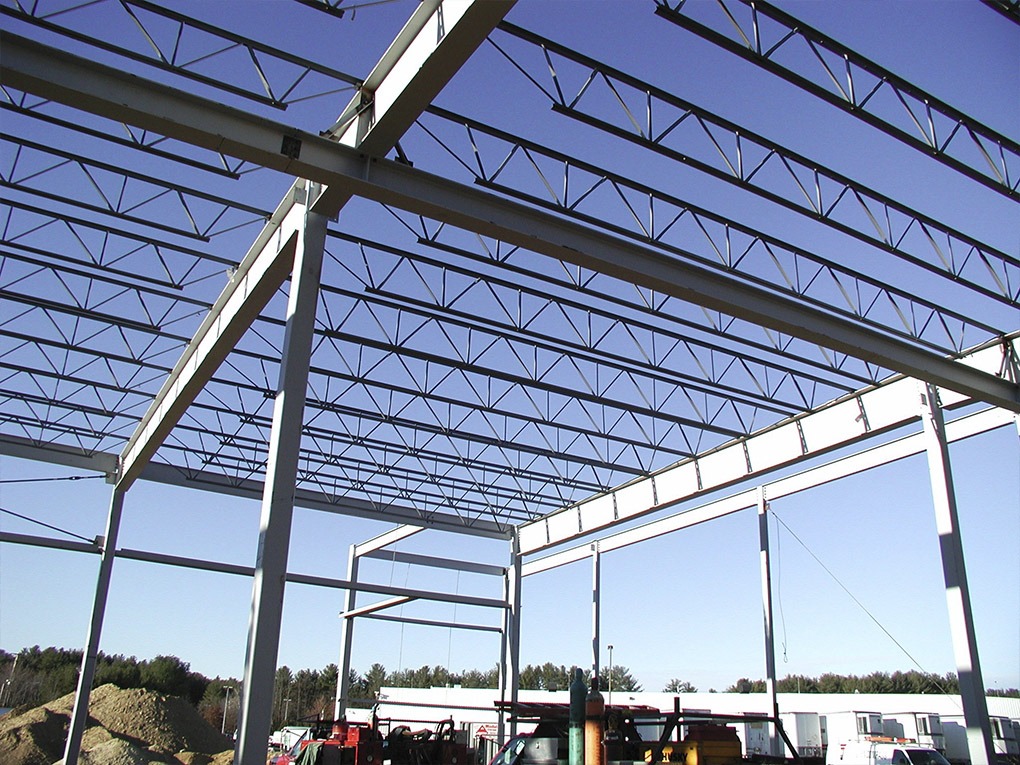There are many different kinds of steel, each with their own properties and uses. Praised for its versatility, strength and value, it is widely used in everything from residential construction to building skyscrapers.
While all steel is made from iron and carbon, many other elements are added for various reasons. Let’s take a look at what these might be and what they are used for.

All steel is made from iron and carbon, however, many other elements are added for various reasons. Let’s take a look at what these elements might be.
Manganese
The main hardening element in steel is carbon. This is added to iron during the manufacturing process and may contribute up to 2.14% of its total weight. Manganese may also be added as a hardening agent. This is often called mangalloy. It is known for its high impact strength and resistance to abrasion.
Chromium
Stainless steel is a steel alloy with a minimum of 10.5% chromium content by mass. Without chromium, stainless steel wouldn’t exist. It increases resistance to oxidation and thus resistance to corrosion. It also makes steel more resistant to high temperatures.
Phosphorous
Phosphorus is sometimes added to steel to increase its strength and hardness. However, this is at the expense of ductility and impact to toughness, especially in higher carbon steels that are quenched and tempered. Therefore it is usually limited to a maximum of 0.05%.
Sulfur
Sulfur is usually regarded as an impurity due to the fact that it reduces ductility and notched impact toughness. Therefore, its content is limited to 0.05%. Why is it used? Because it improves machinability.
Nickel
Nickel may be added to increase hardenability and resistance to corrosion. It also enhances the low-temperature behaviour of steel by improving the fracture toughness.
Copper
Copper may be added as an anti-corrosion component in some steels.
Aluminium
Aluminium helps form a fine-grained crystalline microstructure and increase toughness.
Titanium
Titanium may be added to steel to give them high strength at high temperature (hence why many jet engines use titanium steels).
Boron
Even small amounts of boron ca drastically improve the hardenability of steel. Therefore it can be used as a substitute for more expensive alloys.
Lead
Lead may be added in small amounts to improve machinability.
Cobalt
Cobalt may be added to help improve strength at high temperatures and magnetic permeability and increase hardness. It also allows for higher quenching temperatures during the heat treatment process.
If you need quality steel that is fabricated to suit your unique needs, contact Steel Fabrication Services today.
Our team of expert structural steel fabricators have the experience and knowledge to answer any of your questions and will ensure that you find the best solution to suit your needs. To contact us today, simply call, fax, email or drop by our Brookvale location.
